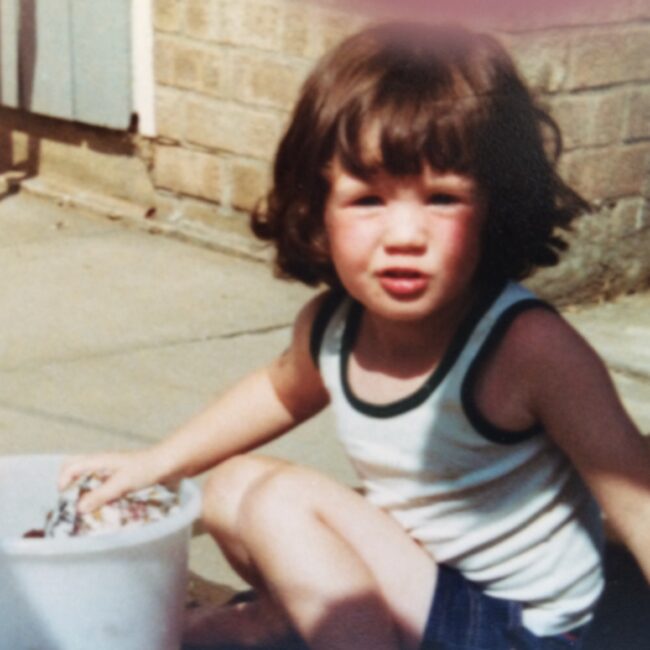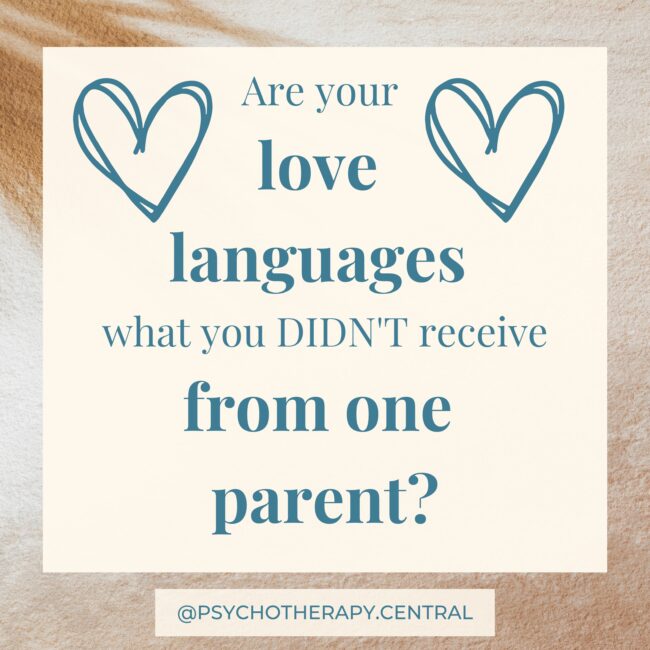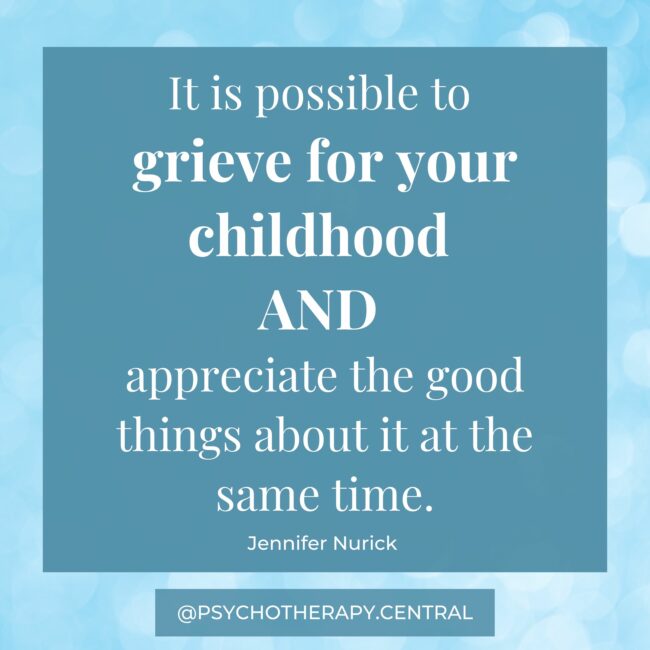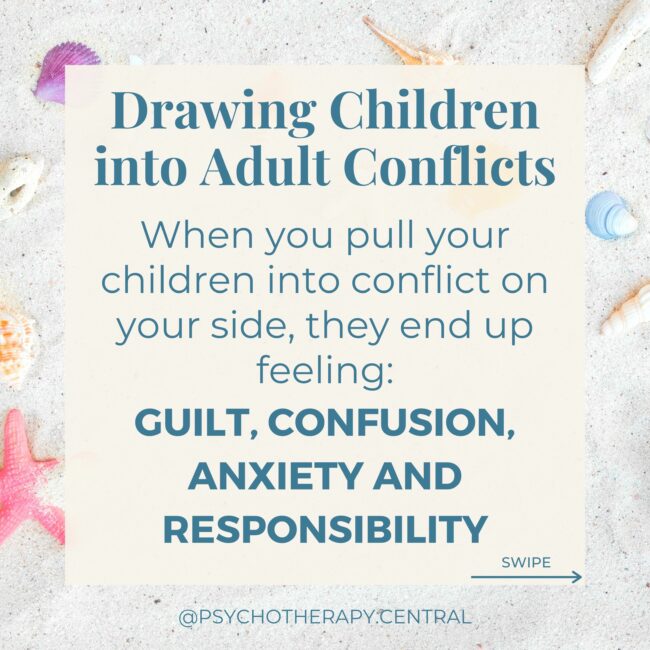If you grew up in an emotionally unstable environment, you likely became hyper-aware of small shifts—watching for any sign that might trigger a reaction. You learned to do things perfectly to avoid being yelled at or punished, picking up on …
Tag: childhood

Understanding Childhood Trauma
Childhood trauma is often misunderstood. It’s not just about big, obvious events—it’s also about other ways you may not have felt safe or valued. For example, growing up in an environment where you had to suppress your feelings to …

Parentification
Parentification is when a child takes on the role of a parent, assuming adult responsibilities and emotional caretaking within the family. When this happens, you develop ‘parts’ of you to cope with the situation:

A Conscious Relationship
This is how a relationship can become conscious; through love, support, understanding, compassion, communication and trust.

Grieving Your Childhood
Many people carry a burden of grief related to their childhood experiences. You might mourn your early years if you were burdened with responsibilities beyond your age, faced bullying from a sibling, witnessed frequent violence, endured constant yelling and fighting, …

Growing Up
I once asked someone I had just met what they imagined my childhood was like. They said they imagined I had grown up in a reasonably wealthy home with stable parents, and gone to university—the usual. I told them that …

Parental Impact on Love Languages
60% of you said that your love language was what you DIDN’T receive from your parents as a child (from 120 people on Instagram). I form part of the 40% who said it IS what they received as a child. …

Grieving Your Childhood
So many people have a childhood that needs to be grieved for. It is appropriate to grieve your childhood if: You were parentified You were bullied by a sibling There was a lot of violence There was a lot of …

The Effects of Drawing Children into Adult Conflicts
One of the most common examples of this is during a divorce. Both parents are vying for the emotional support of the children. They are consciously manipulating the children to align with them. This might take the form of comments …

